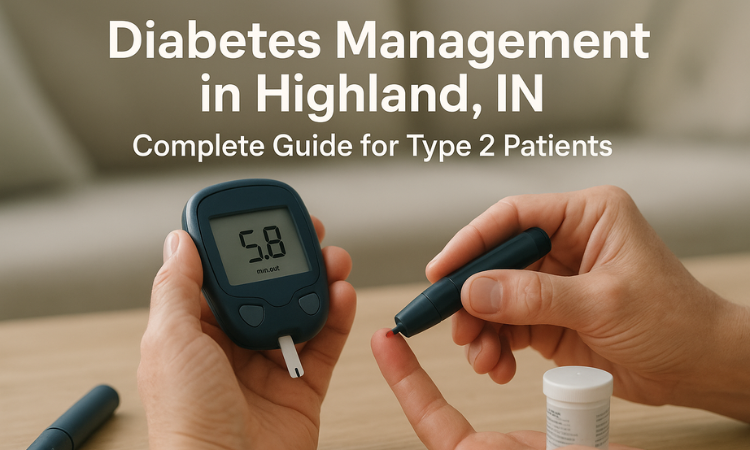Kidney stones are solid deposits that form in the kidneys when certain substances in urine, such as calcium, oxalate, and uric acid, become highly concentrated. These stones can vary in size, from tiny grains to larger formations that can obstruct the urinary tract. Kidney stones are a common condition, and if left untreated, they can cause severe pain, urinary complications, and even kidney damage. Understanding the causes, symptoms, prevention, and treatment options is key to managing this condition effectively.
Understanding Kidney Stones
Kidney stones develop when the balance of minerals and water in the urine is disrupted, leading to crystallization. While calcium oxalate stones are the most common, other types include uric acid, struvite, and cystine stones. Several factors increase the risk of developing kidney stones, including dehydration, a diet high in sodium or animal protein, obesity, family history, and certain medical conditions.
Individuals with recurring kidney stones often benefit from regular monitoring at a Primary Care Clinic in Highland, where healthcare providers can assess risk factors and provide guidance on preventive measures.
Symptoms of Kidney Stones
Kidney stones may not always cause symptoms immediately. However, when they move into the ureter, symptoms become noticeable. Common signs include:
- Severe pain in the lower back, side, or abdomen
- Painful urination
- Blood in the urine (hematuria)
- Frequent urination or urgency
- Nausea and vomiting
- Fever and chills, which may indicate an infection
If you experience any of these symptoms, it is essential to seek care promptly. Delaying treatment can lead to more severe complications, including urinary tract infections or kidney damage.
Treatment Options for Kidney Stones
Treatment depends on the size, type, and location of the stone, as well as the patient’s overall health.
Conservative Management
Small stones often pass naturally. Increasing fluid intake and taking pain relievers can help facilitate the passage of stones. Patients are usually advised to monitor urine and strain it to check if the stone passes.
Medications
Certain medications, like alpha-blockers, relax the muscles in the ureter and help stones pass more quickly and with less discomfort.
Extracorporeal Shock Wave Lithotripsy (ESWL)
For larger stones, ESWL is a non-invasive procedure that uses shock waves to break the stone into smaller pieces, making them easier to pass through the urinary tract.
Ureteroscopy
In this procedure, a thin tube is inserted through the urethra to locate and remove or break the stone. It is effective for stones located in the lower urinary tract.
Surgery
In rare cases, large or complex stones may require surgical removal. Your Primary Care Clinic in Highland provider can advise on whether surgery is necessary based on diagnostic tests and stone size.

Preventing Kidney Stones
Preventive strategies play a crucial role in reducing the risk of kidney stones. These include:
- Stay Hydrated: Drinking plenty of water dilutes the substances in urine that can lead to stone formation.
- Dietary Modifications: Limiting sodium and animal protein, and avoiding foods high in oxalates (such as spinach and nuts), can lower the risk.
- Adequate Calcium Intake: Consuming enough calcium through diet can bind oxalates in the intestines, reducing stone formation.
- Monitor Urine pH: Maintaining an optimal urine pH, sometimes with medications like potassium citrate, helps prevent certain stone types.
- Regular Check-ups: Patients with a history of kidney stones should have routine evaluations to monitor kidney health and prevent recurrence.
The Role of a Primary Care Clinic in Highland
A Primary Care Clinic in Highland plays a vital role in managing kidney stones. Healthcare providers can help with:
- Early Detection: Identifying risk factors and symptoms before they become severe.
- Personalized Guidance: Offering individualized dietary and lifestyle recommendations to reduce stone formation.
- Ongoing Monitoring: Ensuring that kidney function is maintained and that stones do not recur or cause complications.
Munster Primary Care Clinic in Highland provides comprehensive care for kidney stone prevention and management. Their experienced team works closely with patients to provide tailored advice, treatment options, and follow-up care.
Conclusion
Kidney stones can be painful and disruptive, but with proper prevention and treatment, they can be managed effectively. Staying hydrated, following dietary recommendations, and seeking timely medical care are essential steps. Visiting a Primary Care Clinic in Highland, like Munster Primary Care, ensures access to experienced healthcare providers who can guide patients through prevention, treatment, and ongoing kidney health monitoring. Taking proactive steps today can prevent kidney stones from affecting your quality of life tomorrow.








